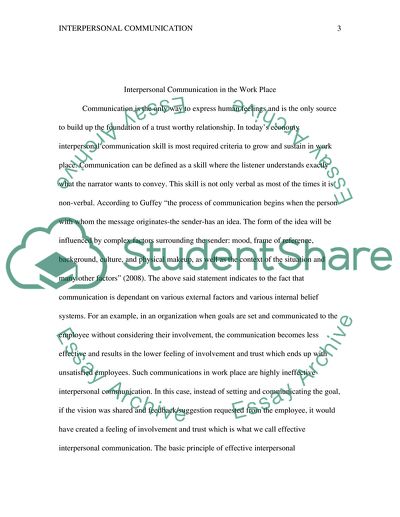Cite this document
(Interpersonal Communication in the Work Place Research Paper, n.d.)
Interpersonal Communication in the Work Place Research Paper. Retrieved from https://studentshare.org/human-resources/1738129-interpersonal-communication-in-the-work-place
Interpersonal Communication in the Work Place Research Paper. Retrieved from https://studentshare.org/human-resources/1738129-interpersonal-communication-in-the-work-place
(Interpersonal Communication in the Work Place Research Paper)
Interpersonal Communication in the Work Place Research Paper. https://studentshare.org/human-resources/1738129-interpersonal-communication-in-the-work-place.
Interpersonal Communication in the Work Place Research Paper. https://studentshare.org/human-resources/1738129-interpersonal-communication-in-the-work-place.
“Interpersonal Communication in the Work Place Research Paper”, n.d. https://studentshare.org/human-resources/1738129-interpersonal-communication-in-the-work-place.


